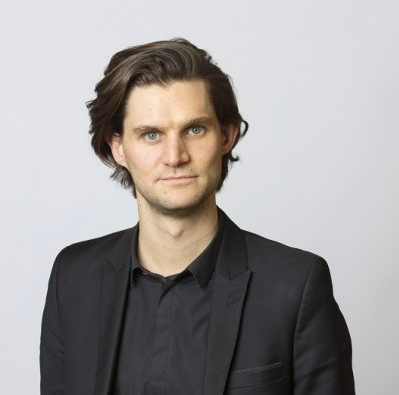I was in San Francisco last week, amid the hills and the fog and the startups, working on exciting things I can’t tell you about. But I can tell you about my favourite American experience ever. So here I go.
Once, I was at a diner in upstate New York. I can’t remember the name, but it was something like Rita’s Diner or Sunrise Diner or The Big Over Easy. It was the diner in every Eighties movie: a counter full of truckers, a waitress called Tracey wearing a powder blue uniform. Drip coffee, leather banquettes.
Tracey came to take my order. I ordered pancakes. ‘Thank you,’ I said.
‘You’re welcome,’ Tracey said, with a heart-warming, sing-song lilt, as if fetching me pancakes would be her greatest pleasure in life. Let me tell you, Americans have customer service down pat. ‘Would you like some coffee?’
‘Yes, please,’ I said. And then, as she poured the coffee, ‘Thank you.’
‘You’re welcome,’ Tracey said.
She brought my food over a few minutes later.
‘Thank you.’
‘You’re welcome.’
She said it so sweetly, I wanted to thank her again. So I did.
‘Thanks,’ I said, for variety. ‘It looks great.’
‘You are wel-come.’ She drew it out this time, to suggest that I was really, really welcome.
She refilled my coffee.
‘Thank you.’
‘You’re welcome.’
It became clear that Tracey and I were stuck in a rut. I’m British: I thank people a lot. If someone punched me in the face, and then passed me a tissue to staunch the flow of blood from my nose, I would thank them profusely.
‘Would you like syrup?’
‘Please,’ I said. ‘Thank you very much.’
‘You’re welcome. Anything else I can get for you?’
By this point, I wanted to see how far this thing would go. I racked my brain for items I could request, so I could thank her, and she would tell me I was welcome.
‘Could I please have some ketchup?’
‘Of course.’
‘Thank you.’
‘You’re welcome. Anything else?’
‘Um…’
This story is largely pointless, except as a reminder that we all use language differently. One thing you miss seeing this story written down is that Tracey’s You’re welcomes were as varied as the greens in a forest. 80% of the words she said to me were those two words. Despite this – or maybe because of it – talking to her was a pleasure.
Brand writers are fond of telling people to write like they talk. What they mean by this is, ‘Don’t adopt stuffy, passive business language just because you’re writing an email.’ This is good advice, but it can be misleading, too.
Tracey and I haven’t kept in touch, so I don’t know what her emails are like. But if she followed the standard brand writer’s advice, she’d sound like a robot (and so would I). Other people end up sounding awfully try-hard: ‘Hi mate, just wanted see how that purchase order is shaping up…’ Still others take it as an excuse not to edit their writing.
The best writers in the world struggle to capture the richness and depth of spoken language in their writing. It’s probably unrealistic to expect people to master it in a half-day workshop.
I think a better piece of advice is, ‘Write emails you’d want to read.’ Get people to choose from a range of examples, then discuss what they like about them. Generally, they’ll pick ones that are simple, short and friendly.
And at the end of the workshop, they’ll say, ‘Thank you.’
And you’ll say…




